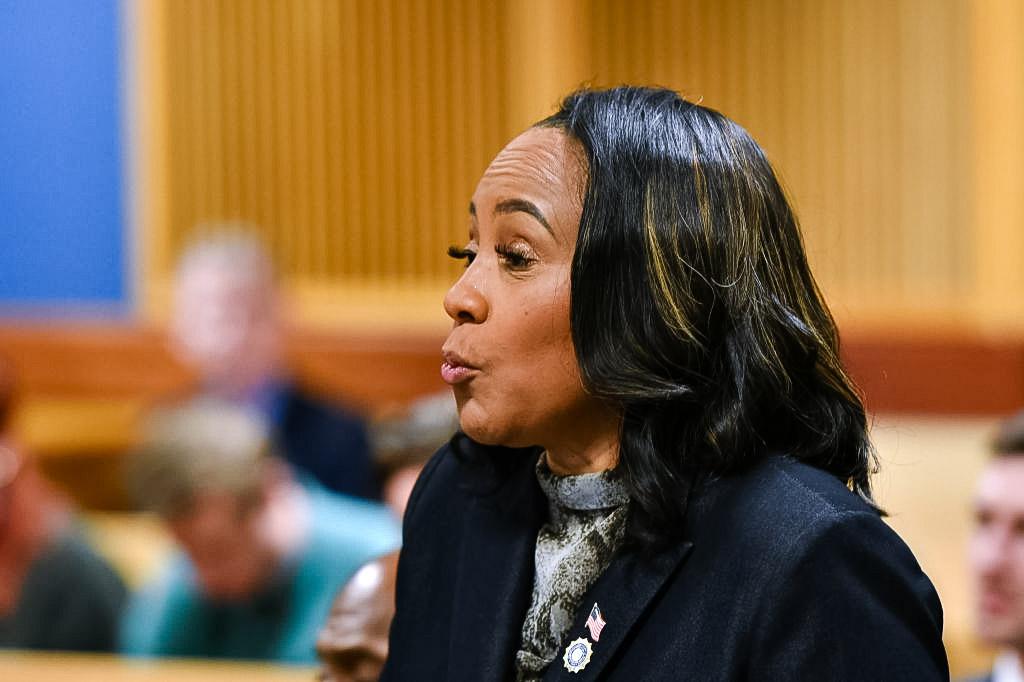Ahead of a scheduled Feb. 15 hearing that will address allegations that have rattled the Fulton County District Attorney’s office in the Georgia election case, the attorneys have filed a motion to quash subpoenas that would require top prosecutors to testify.
Subpoenaed to testify were Fulton County District Attorney Fani Willis, Executive District Attorney Daysha Young, Deputy District Attorney Sonya Allen, Deputy District Attorney Dexter Bond, special prosecutor Nathan Wade, Assistant Chief Investigator Michael Hill, Deputy Executive Assistant Tia Green, Chief Investigator Capers Green, and Assistant Chief Investigator Thomas Ricks from the district attorney’s office.





